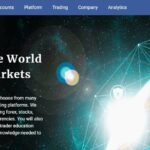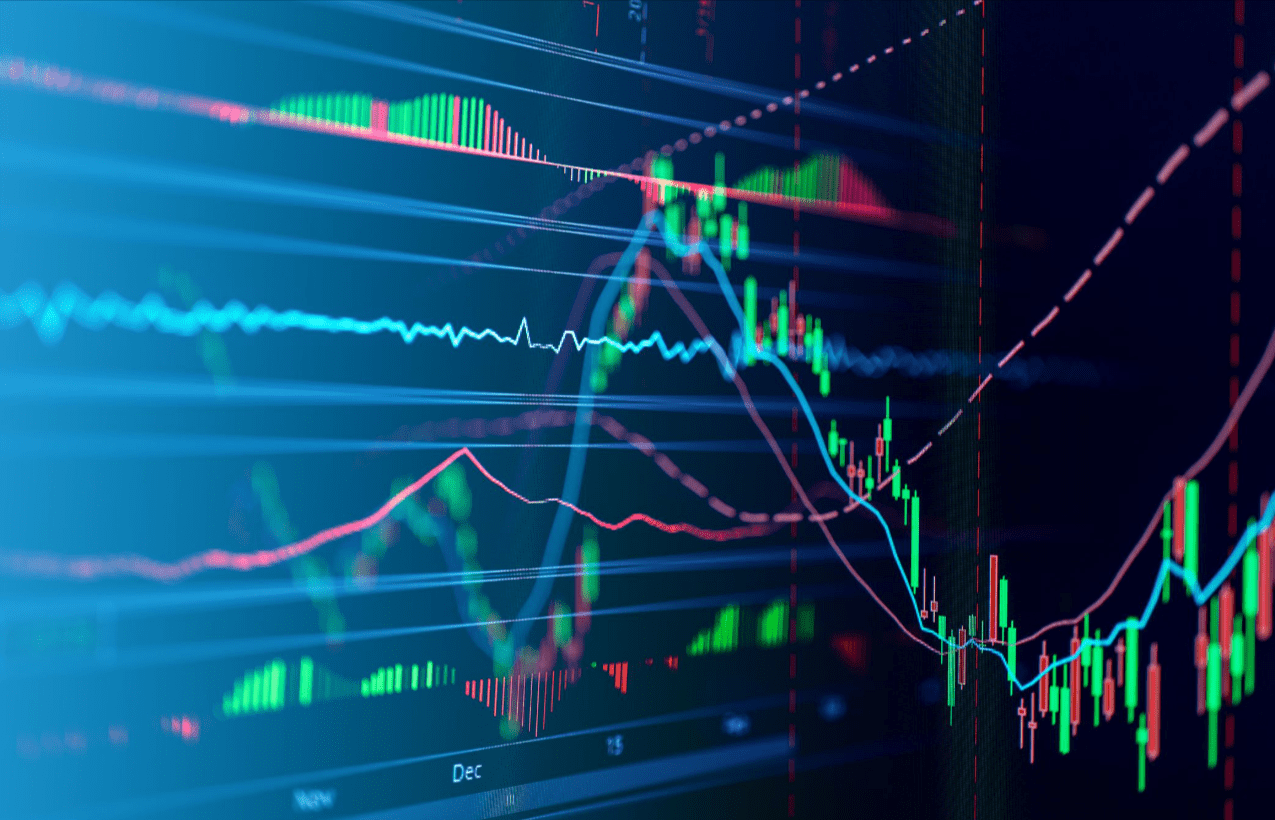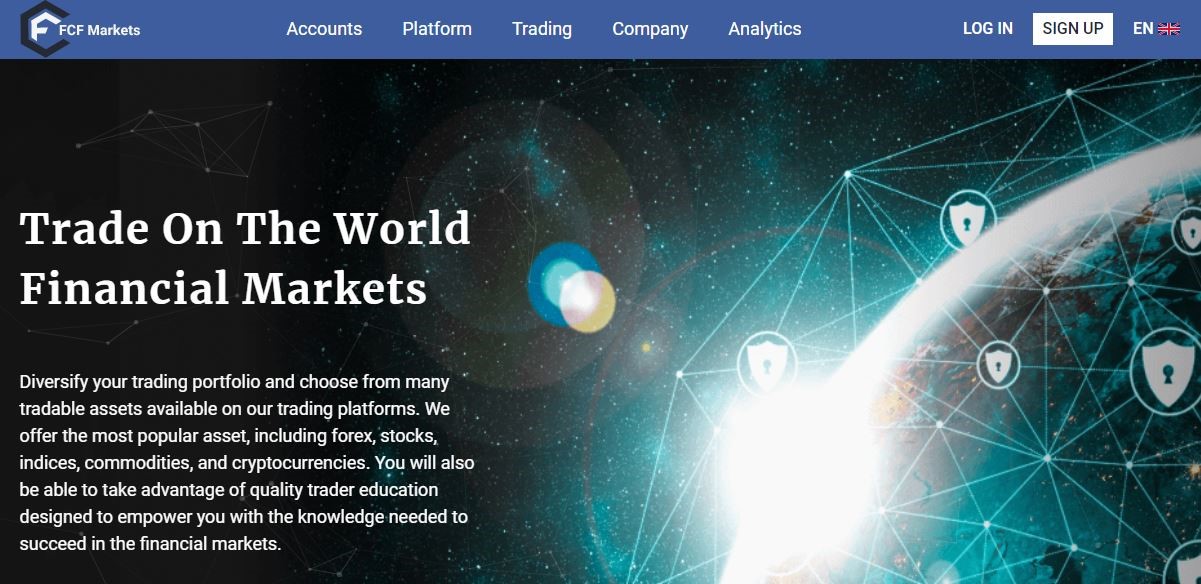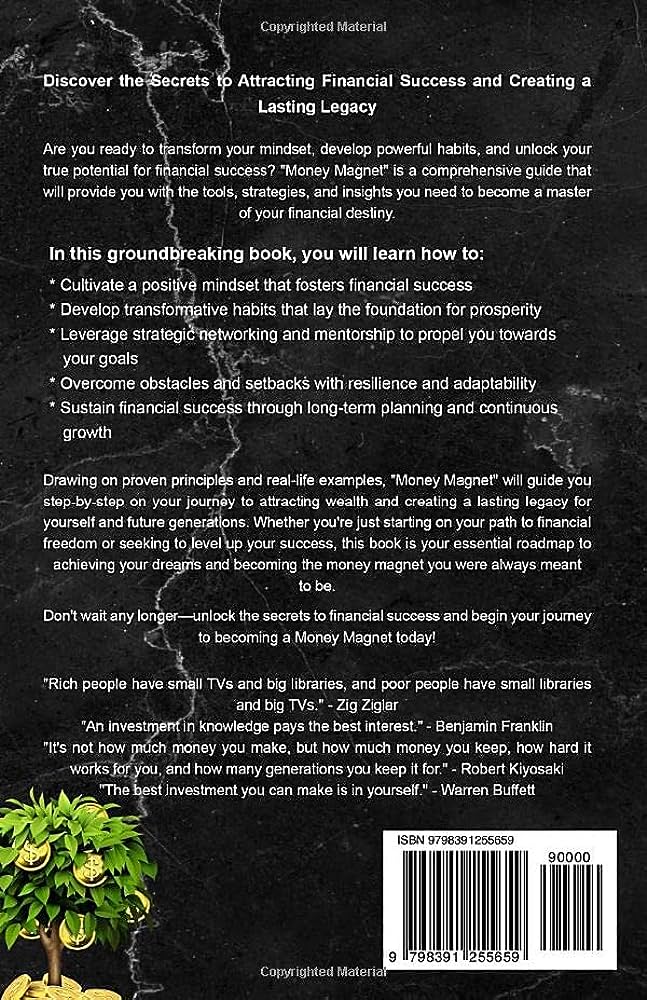International equities—stocks and exchange-traded funds (ETFs) from markets outside your home country—offer tremendous opportunities for diversifying your investment portfolio and accessing global growth. Trading in international markets allows investors to tap into economies that may be experiencing high growth or offer attractive valuations. This guide will provide you with the knowledge needed to navigate the world of international equities, from understanding what they are to the strategies that can be employed for successful trading.
Why Trade International Equities?
One of the most significant reasons to trade international equities is the benefit of global diversification. By holding stocks from different countries, you can reduce the overall risk of your portfolio. Domestic markets can be volatile and subject to country-specific risks, such as political instability or natural disasters. By investing internationally, you can reduce the impact of these risks by spreading your investments across regions with different economic cycles.
Access to Emerging Markets
Emerging markets, such as China, India, and Brazil, have seen rapid growth in recent years. These markets offer attractive investment opportunities for investors willing to take on more risk. Many emerging market companies are leaders in industries like technology, energy, and consumer goods, which have the potential for high returns. By trading international equities, you can gain exposure to these high-growth markets.
Sector-Specific Growth
International equities provide opportunities to invest in sectors that may not be well-represented in your home market. For instance, certain industries such as renewable energy, technology, or luxury goods may be more prominent in regions like Europe or Asia. Trading in international stocks or ETFs allows you to capitalize on sector-specific growth, regardless of where it occurs.
Currency Benefits and Risks
Currency movements play a crucial role in the performance of international equities. A favorable currency movement can enhance returns, while unfavorable fluctuations can erode profits. As a global investor, understanding how to manage currency risk—whether through hedging strategies or currency-hedged ETFs—can significantly impact your returns. Trading in international markets requires an awareness of how currency fluctuations may affect your portfolio.
How to Trade International Equities
When trading international equities, it’s essential to choose a broker that offers access to global stock exchanges and competitive fees. Look for a broker that provides a wide range of markets, research tools, and a user-friendly platform. Some well-known online brokers, such as Interactive Brokers, TD Ameritrade, and Charles Schwab, offer access to international markets.
Your broker should also offer multi-currency support, allowing you to trade in different currencies, and have low commission fees for international trades. If you want to understand international trading better, get more info here.
A good trading platform will provide access to international exchanges and a range of analytical tools. Platforms like MetaTrader 4/5, Thinkorswim, and Interactive Brokers are popular for international trading because they offer real-time data, advanced charting, and a variety of order types.
Make sure your platform supports multi-currency transactions, has easy-to-use features for international trading, and provides global market research. The ability to trade during international market hours is another key factor to consider.
Strategies for Trading International Equities
A global growth strategy focuses on investing in regions with high growth potential. Emerging markets, such as those in Asia, Africa, and Latin America, often present opportunities for higher returns, though they come with higher risk. Investors may look to capitalize on trends such as technological innovation, urbanization, and rising middle-class populations in these regions.
Value Investing in International Markets
Value investing involves identifying stocks that are undervalued relative to their intrinsic worth. In international markets, this strategy requires a solid understanding of the local economy and the company’s financial health. By purchasing stocks that are trading below their true value, investors can benefit from long-term capital appreciation as the market corrects.
Sector Rotation
Sector rotation involves adjusting your portfolio to take advantage of different sectors’ performance cycles across regions. For instance, you may invest in European technology stocks during a tech boom, then shift to energy stocks in the Middle East during a rise in oil prices.
Hedging International Investments
To manage risk, some investors use hedging techniques to protect their international equities from currency fluctuations and geopolitical instability. This can involve using options, futures contracts, or investing in currency-hedged ETFs.
Selecting International ETFs
International ETFs come in various types, including:
- Broad-Market ETFs: These ETFs track indices like the MSCI World Index, which includes stocks from multiple developed countries.
- Country-Specific ETFs: These ETFs focus on a specific country, such as the iShares MSCI Japan ETF or the iShares MSCI Brazil ETF.
- Sector-Specific ETFs: These focus on industries within a particular region, such as the Global X MSCI China Financials ETF.
How to Evaluate International ETFs
When selecting an international ETF, consider the following factors:
- Expense Ratio: Look for low-cost ETFs to maximize returns.
- Liquidity: Ensure the ETF has enough trading volume to avoid high bid-ask spreads.
- Performance: Review the historical performance of the ETF, though past performance is not always indicative of future results.
Conclusion
Trading international equities presents exciting opportunities for global diversification, access to emerging markets, and sector-specific growth. However, it also comes with its own set of risks, including currency fluctuations, geopolitical factors, and tax considerations. By using the right strategies and tools, investors can navigate the complexities of international markets and create a well-rounded, diversified portfolio that capitalizes on global growth.













